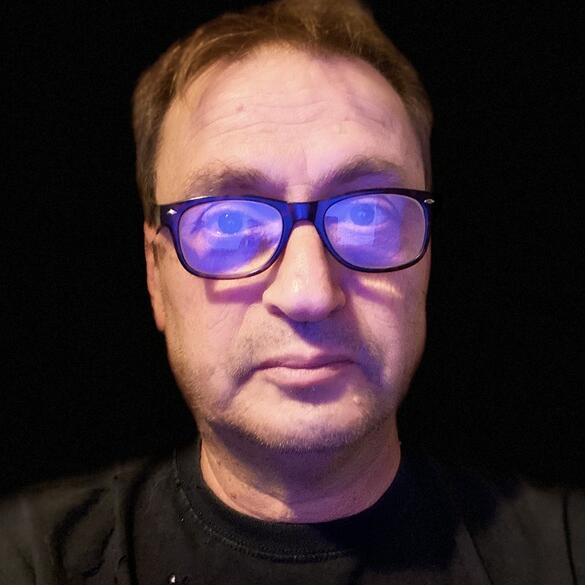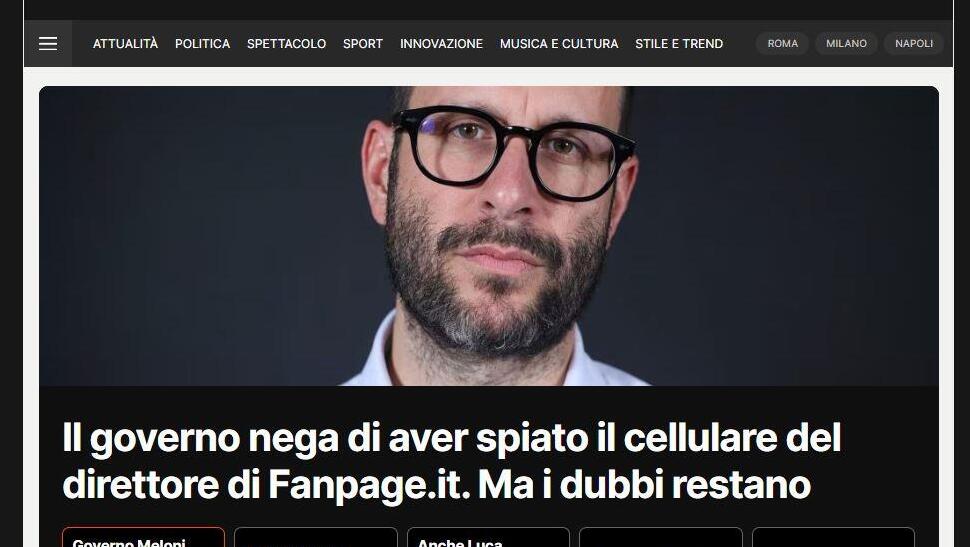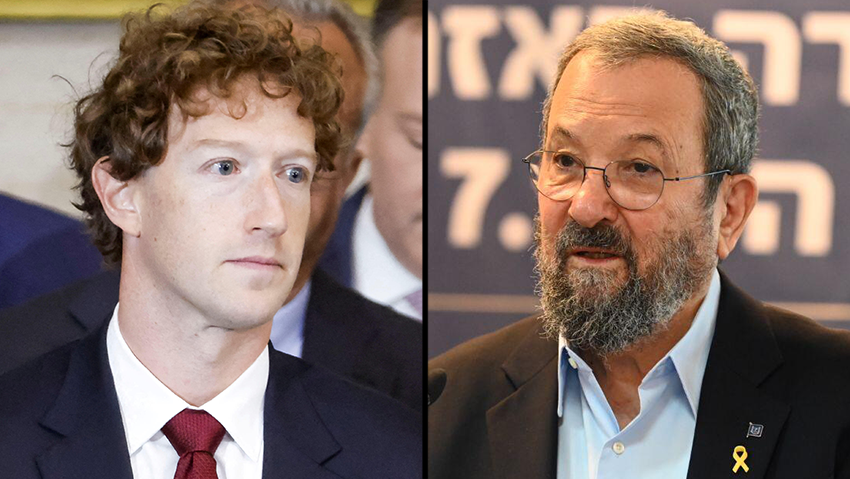The espionage scandal involving Israeli spyware firm Paragon is deepening as new details emerge about its use to surveil journalists and activists. In recent days, three individuals critical of Italy’s government –including its handling of antisemitism within the ruling party – were identified as targets.
The revelation has sent shockwaves across Italy and Europe. Prime Minister Giorgia Meloni's government has denied using spyware to monitor journalists and activists. Meanwhile, The Guardian reported Thursday that Paragon has decided to sever ties with the Italian government.
Last week, Meta alleged that Paragon’s spyware, Graphite, was implanted in the smartphones of about 90 people across 20 countries – mostly journalists and human rights activists—via WhatsApp. The tech giant has issued a legal warning to Paragon, demanding it halt surveillance of its users. Sources told Ynet that Paragon is assessing its next steps and is prepared to challenge Meta in court if necessary.
Reports by Reuters and The Guardian have identified three targets of the surveillance: Francesco Cancellato, editor-in-chief of investigative news site Fanpage; Libyan-born Swedish activist Husam El Gomati; and Luca Casarini, head of Mediterranea Saving Humans, an organization assisting migrants from Libya. Casarini is known for his outspoken criticism of Italy’s immigration policies.
'They spied on me just because I'm a journalist'
In an exclusive interview with Ynet, Cancellato expressed deep concern over the surveillance.
"I was really worried. Being targeted by spyware is a big problem for me. I believe they spied on me just because I'm a journalist," he said.
Cancellato revealed that his phone is now undergoing forensic analysis by Citizen Lab, a Canadian research group specializing in spyware investigations, and that the findings will be published by his newspaper. He first learned of the breach when WhatsApp’s security team sent him a warning message, alerting him that spyware had been detected on his device.
"At first, I thought it was a scam or a joke," he recalled. "Then, Citizen Lab contacted me and confirmed that this was real. They told me that my phone was hacked using Paragon’s spyware and that I was one of 90 journalists and activists who were targeted. I felt very uneasy; it was a strange and unsettling realization."
Why do you think that out of 90 people, only your name and that of two others were exposed?
"My name was published because I’m a journalist. My work is public, and even if the story is about me, it will be reported. But I don't know why others haven’t come forward — maybe they’re afraid, or maybe their cases are still being verified."
A power struggle over press freedom
Cancellato also noted that, in the months leading up to the revelation, his WhatsApp app frequently crashed without explanation. At the time, he dismissed it as a technical issue.
"I never suspected it was linked to spyware. Looking back, I can’t say for sure if those crashes were related, but now it certainly makes me wonder," he said.
As editor-in-chief of an investigative outlet, Cancellato is particularly concerned about the potential breach of sensitive information.
"This isn’t just about my phone, it’s about my entire newsroom. They didn’t just hack me; they hacked my newspaper," he said. "Paragon claims its spyware isn’t as invasive as Pegasus [the infamous spyware from Israeli firm NSO], but they could still extract any data they wanted from my device."
He emphasized the broader implications:
"The real issue here is that a government agency spied on a European journalist. Paragon says it only sells to democratic nations, but why would a democracy spy on a journalist?"
Was his reporting on Meloni’s party the reason?
Cancellato acknowledged that his investigative team had published a major exposé on Meloni’s party, Brothers of Italy, revealing antisemitic content shared by young party members. The report sparked controversy, particularly because Brothers of Italy positions itself as a pro-Israel party.
"Our investigation had a significant impact on the government, so maybe that’s why they targeted me," he said.
Still, he remains uncertain about who was behind the surveillance.
"I don’t know who spied on me or why," he said. "But I doubt they were interested in my vacation plans or dinner dates. They wanted information about my work, our investigations; that’s the only thing I’m certain about."
Paragon was founded in 2019 by Ehud Schneorson, a former commander of Israel’s elite cyber intelligence unit 8200, along with former Israeli Prime Minister Ehud Barak and several other ex-8200 operatives. Last year, the company was acquired by U.S. private equity firm Eurazeo Equity in a deal valued at up to $900 million.
While Italy has neither confirmed nor denied using Paragon’s spyware, the firm claims it only sells to 37 democratic countries—making it highly likely that Italy was one of them.
Sources familiar with the matter told Ynet that if it is proven that Paragon’s tools were misused to spy on journalists with no links to criminal activity, the license of the offending entity will be revoked. Following the uproar, Paragon has now reportedly decided to terminate its contract with the Italian government.
Cancellato: 'I expected more from my government'
Cancellato expressed disappointment in how the Italian government has handled the scandal.
"If Italy is involved, I expected someone in the government to step forward and say, ‘Yes, we use Paragon’s tools, but only to catch criminals, not journalists. We will investigate whether anyone overstepped their authority.’ Or at least say, ‘It’s serious that a foreign government is spying on our journalists, and we will support you in finding out what happened.’
"But none of that happened," he said.
Should spyware be banned in democracies?
Cancellato says he believes spyware can have legitimate uses in law enforcement but warns that its power must be handled responsibly.
"When used against criminals, terrorists, and drug traffickers, these tools can be valuable. Criminal organizations have hacking capabilities too, so law enforcement needs the ability to counter them," he said.
"But governments must be held accountable. It’s like in Spider-Man: with great power comes great responsibility. If you use these tools, you must do so ethically and in accordance with democratic principles."





